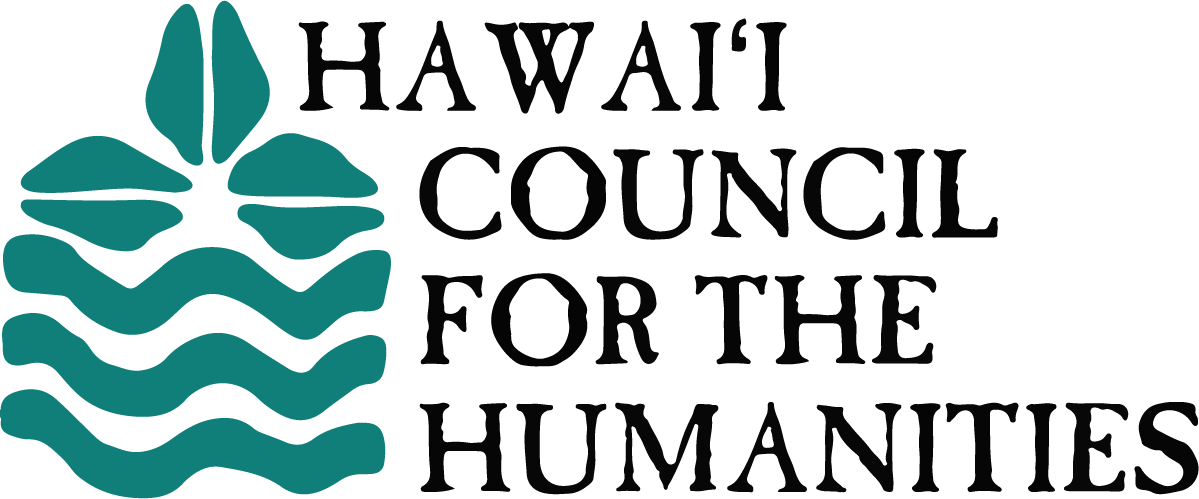June 7, 2021
315 days. It has been 315 days since I was last inside.
For the past 22 years I have spent a good chunk of my working days inside our state correctional facilities providing classes through their education sector. Kauaʻi Community Correctional Center. Hale Nani. Kūlani. Waiawa Correctional Facility. Womenʻs Community Correctional Center. Hālawa Correctional Facility.
July 28th, 2020 was the last time I stepped foot inside, the last class I was able to hold before Hālawa classes were shut down due to COVID.
I been out 9 months now.
Going on six and a half next week.
8 months out, longest in the last 20 years.
I’ve had the pleasure to celebrate and congratulate these milestones shared with me by former students I’ve bumped into on the outside. An understandable mark of pride and accomplishment, these milestones are often shared with a smile, a handshake or a hug.
These 315 days are the longest stretch I have been out; I share this with a sense of sadness.
Try Think, a program we developed for our incarcerated population, was designed with one main purpose: to provide a space where everyone is welcomed, where genuine conversation can take place, and where all voices are heard and considered. In spaces like Hālawa, this can be hard to find. Our weekly Try Think classes became spaces to connect, spaces to disagree, spaces to share, spaces to listen, spaces to re-imagine.
What does it mean to be a father/husband/son while incarcerated?
Do you consider yourself part of the outside community? Do you think the outside community considers you a part of their community?
June 8, 2021
Today, we are returning to Hālawa. Due to the restrictions still in place, our return will be a virtual one, done over Zoom. Where there once were 30+ men in our class, there will now be 15. Handshakes and hugs and taking time to individually welcome each person into the room will be replaced by distant waves and shakas and a large group on my computer screen. Not the way it was, not with the feel and feeling we once had. But it is a start, one that the men have been asking for. One that I have been asking for as well.
When is Try Think coming back?
In my experience, our incarcerated community groups education classes in two general categories, classes that count and classes that don’t. The former group includes courses like GED Prep, courses that result in professional certifications or college credit, or courses designed to help participants with mental health and social well being. Depending on the nature of their conviction, these courses are recommended for the men and women and their ability to be eligible for parole hinges on the completion of these courses. Understandably, these courses count.
Try Think does not fit in this category. Participation in and completion of a Try Think course does not satisfy any parole requirements; we offer no college credit. What we do offer is a space where everyone is on equal footing, everyone is valued as full people. Community member, teacher, inmate, corrections officer. All have been part of our space together. Everyone is a part of the circle; everyone has a place in this community. They come for the conversation, to be engaged in thoughtful discussion around topics they sometimes didn’t know they could be interested in. They come to be challenged, they come to stretch themselves beyond what society has labeled them, beyond what they have allowed themselves to be labeled. They leave with more questions, different questions, and a desire to find answers in discussions shared with those who were not able to make the class cut off list. They return the following week, fired up to share the discussion that they have since had with their bunkie, the guards, and their families.
22 years ago, this started as a job, my way to make a living. Along the way this work, these meetings/classes/conversations have become many more things for me. What started as classes where I provided something they needed, became spaces where I found something I needed.
I get to see magic happen. I get to see walls that have understandably been built up begin to come down; some within one conversation, some over years. I get to see once daunting barriers become remnants. I have been invited to be part of the process. I get to see what happens when the prison-striped uniform disappears, when we are invited to connect as people. I get to start tough conversations, ask tough questions, and have even tougher questions asked back. I go to be challenged. I go to stretch. I go to connect.
Try Think may not count the same as a GED prep class, but we have full classes; we have waiting lists for evening classes when inmates would normally want to relax, play cards, and watch TV—evidence that deep, thoughtful, enriching conversation is not only needed, but wanted and desired.
315 days.
I am excited to be returning today, excited to reconnect with this community, my community, our community. I am anticipating the same smiling and welcoming faces and will be missing the handshakes and hugs. I am bracing myself for the tough stories that will be shared about the 315 days in there, but I am ready to hear their voices and for them to know they are being heard.
June 14, 2021
It felt good to be back. It felt good to fall back into the groove with my Try Think partner, Tammy. But it was not quite the same, not yet. For a community that is kept at a distance from the world outside, it felt strange to now be attempting to connect with them from a distance. The virtual fist bumps. The inability to see everyone at the turn of a head. Talking at a computer screen instead of with individuals. Not being able to meet them, in their space. It is not ideal; their situation is not ideal.
It is a step though. I try to remember that our limited view into their space, as tiny as it feels, is also a limited view for them into our space. They have seen outside the wall. I have invited them to my space, my office, my single poster hanging on the wall behind me. Small steps.
I was not sure who would be in the class last week. I got to see and hear from men that I have built a relationship with, some spanning nearly a decade. It was really nice to see them again.
Rob was born and raised on the island of Kauaʻi and moved to Oʻahu to attend the University of Hawaiʻi at Mānoa. He graduated with a degree in Hawaiian Studies in 1997. Rob became a part of the HIHumanities family in 1999.
As the Director of Reading and Discussion Programs, Rob provides outreach to underserved communities by implementing programs such as Motheread/Fatheread© and Try Think. Rob loves to engage in meaningful discussion about these programs, the humanities, and local music in between bodysurfing sessions with his son.
Nā Mana Wai aims to highlight a diversity of community voices from around our islands and is intended to raise important questions that will lead to continued productive discussion. The opinions expressed here do not represent those of Hawaiʻi Council for the Humanities or the National Endowment for the Humanities.

